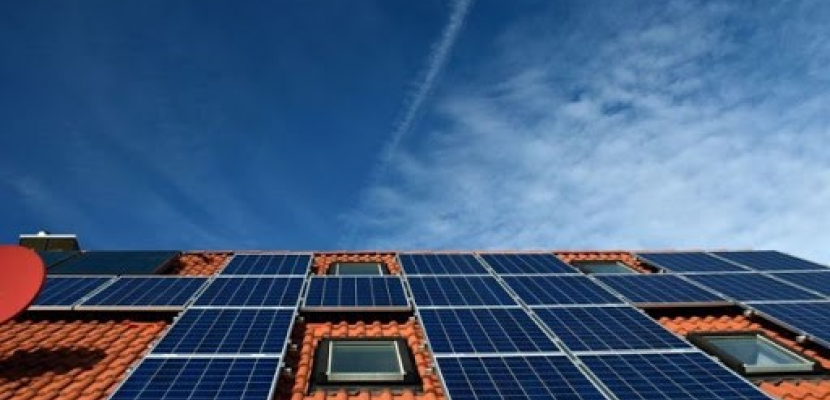
Bureaucratic nightmare solution for development of renewable energies

About this good practice
Lithuanian legislation to install small scale renewable energy source power plants was difficult and lengthy. Also, very limiting legislation related to the prosumers who produce electricity from renewable energy sources.
After review of legislation amendments were taken to foster use of renewable energy sources:
- The prosumer definition was identified and clarified;
- Companies (not only natural persons) can become prosumers;
- Number of procedures, documentation and days needed to become a prosumer was reduced. Procedures from 11 to 4; documentation from 30 to 3 and days from minimum 105 days to up to 21;
- The simplified procedures were applied to power plants of 5 kW, this number was increased to 10 kW in 2018 and to 30 kW in October 2019;
- The prosumers were allowed to build renewable energy power plants of up to 50 kW, this number increased to 100 kW in 2018 and to 500 kW in October 2019;
- The prosumers were allowed to build renewable energy power plants of 100 MW, this number increased to 200 MW in October 2019. By distributing 100 MW to household and non-household electricity consumers differentiating fees for power plant connection to the grid was introduced in 2018 to make it cheaper for households.
Main stakeholders:
- Ministry of Energy of the Republic of Lithuania
- National Energy Regulatory Council – independent entity responsible for the calculation of the “grid fee”
- Power plant developers
Beneficiaries: Electricity users.
Expert opinion
The transition to low-carbon energy will require not only new large-scale installations such as wind farms but also many small, decentralised contributions. However, most small-scale investors looking to own and operate their own installations do not have the full expertise required to navigate complex permitting requirements. Often requirements are outdated, lacking modern definitions and not reflecting advancements in technologies. Legislatures can work with stakeholders to identify these unnecessary bottle necks and barriers and propose suitable simplification processes, as, indeed, is encouraged by the revised Renewable Energy Directive (RED II) to enable decentralised energy generation. The specific measure taken here can be seen as good practice: clear definition of prosumers, faster approvals, and widening the definition of included technologies.
Resources needed
As this good practice is related with legislative changes, no financial resources were used.
Evidence of success
Highlight not just reductions in energy poverty but also the increased participation of vulnerable groups in decision-making, and improved access to energy market mechanisms. Due to these changes, new prosumers from 2,200 in 2019 increased till 3,700 new prosumers in 2020, and 18.8 MW RES installed capacity in 2019 increased till 38.5 MW RES installed capacity during 3 quarters of 2020 accordingly.
Potential for learning or transfer
This good practice can be used in other regions as an example of the solution for development of renewable energies and how policy changes to make renewable energy easy to use and install, as the simplified procedures were applied to renewable power plants and the prosumers were allowed to build renewable energy power plants, this enabled electricity users, including vulnerable groups to have and use energy from renewable energy power plants in their households.
Further information
Website
Good practice owner
You can contact the good practice owner below for more detailed information.
Ministry of Energy

